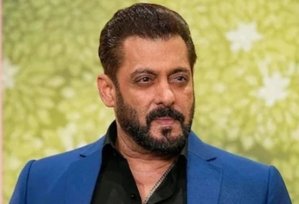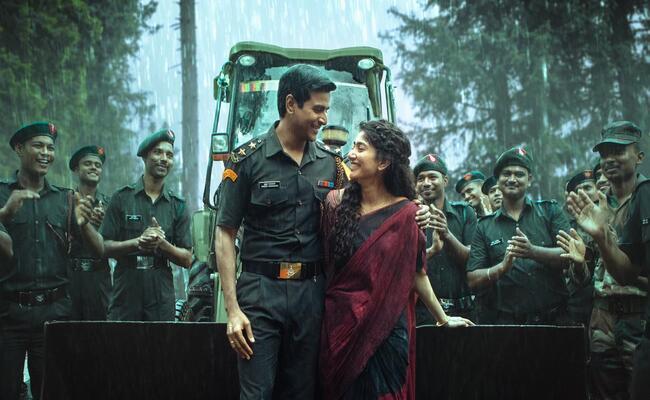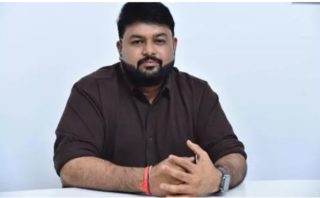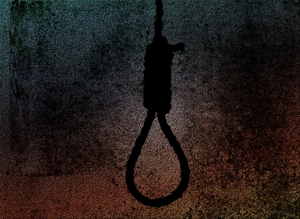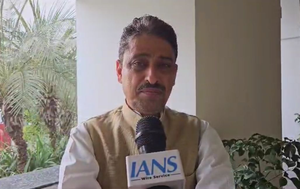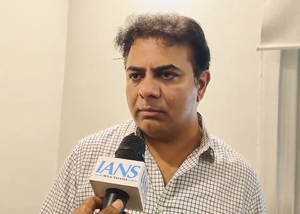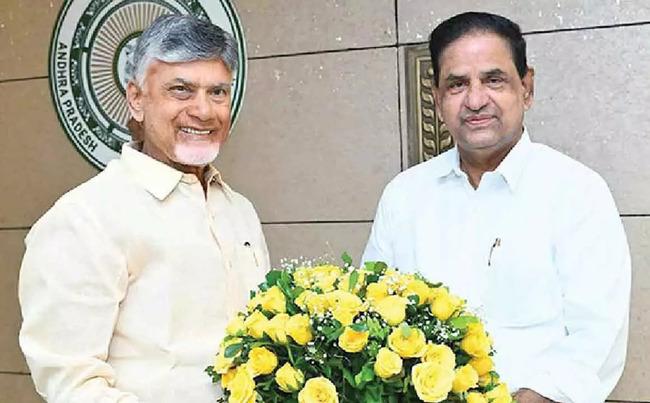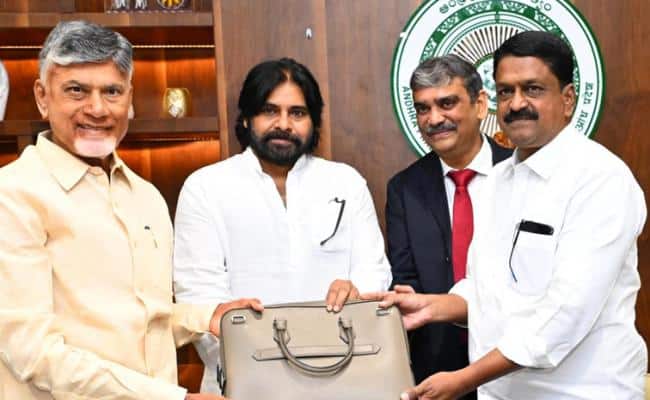 The political edge which the national opposition appeared to have gained as a result of its successes in three recent Assembly elections and in several by-elections before that has undoubtedly dissipated.
The political edge which the national opposition appeared to have gained as a result of its successes in three recent Assembly elections and in several by-elections before that has undoubtedly dissipated.
It isn’t only Surgical Strike 2.0 which has robbed the opposition parties of their earlier momentum. What has also checked their impetus is the familiar malady of being too self-centred to take the initiative in building a ‘mahagathbandhan’ or a grand alliance based on mutual accommodation.
It is worth noting that the Bharatiya Janata Party (BJP) has proved to be more adept at evolving a consensus among its own allies which included the intemperate Shiv Sena, which had been carping against Big Brother almost throughout the last five years.
Moreover, notwithstanding the reservations harboured by the northeastern parties against the BJP over the anti-minority Citizenship Bill, the latter has succeeded in mollifying them in order to build an alliance in the region.
It is obvious that for all their seeming arrogance, the Narendra Modi-Amit Shah duo know when to take a step back to placate a miffed ally.
The Congress, on the other hand, has been steadily losing its own members in ones and twos as they obviously sense that the pastures are greener on the other side.
The Congress also made no effort to reach an understanding with the Samajwadi Party (SP) and the Bahujan Samaj Party (BSP) in Uttar Pradesh in the belief that it is influential enough in the state to fight on its own.
The result is that the Congress may even face a challenge from the SP and the BSP in Amethi and Rae Bareli, its two pocket boroughs, bringing a broad smile to the BJP’s face.
UP is one state where the Congress could have shown a better understanding of its current diminished status to leave the field open for the SP and the BSP.
Instead, the Congress has confirmed the BSP supremo Mayawati’s fear that it intends to undercut her Dalit base. Her apprehension will be further strengthened by Priyanka Gandhi Vadra’s visit to the young Dalit leader, Chandrashekhar Azad “Ravana”, in hospital.
Such overtures validate Marxist leader Sitaram Yechury’s view that the Congress should get its priorities right such as whether its primary objective is to defeat the BJP.
Instead, the Congress appears intent on playing political games within the non-BJP camp, anchored in its “Middle Kingdom” conviction of still being the Grand Old Party of yore, capable of setting the terms of the political discourse.
Hence, as in UP, it has been hesitant about aligning with the Aam Aadmi Party (AAP) in Delhi and Haryana – a tactic which cannot but divide the anti-BJP votes.
It cannot be gainsaid that some of these missteps are the result of Rahul Gandhi’s inexperience in deciphering the intricacies of an admittedly complex electoral scene.
Unlike Sonia Gandhi’s famous walk to Ram Vilas Paswan’s house before the 2004 general elections, Rahul has taken no such initiative to stitch up an alliance.
It is not the Congress alone which appears to be not focused enough on fighting the BJP. Other parties, too, have been more interested in saving their bailiwicks from the BJP than in adopting a national perspective.
Among them is Mamata Banerjee who believes, perhaps rightly, that her main opponent in West Bengal at present is the BJP. But that didn’t prevent her from keeping Rahul out of a Kolkata rally presumably because of the fear that his presence would have detracted attention from her own performance as a preparation for a larger role on the national stage.
If Rahul has been virtually carrying the opposition campaign on his shoulders with no other leader choosing to stand by his side, the reason apparently is his inability to establish a rapport with the others.
Since he is not as effective a speaker as Modi, Rahul and the other opposition leaders could have focussed on more public meetings, even relatively small ones, where leaders such as Sharad Pawar or Yechury or Omar Abdullah or Tejashwi Yadav or M.K. Stalin could have participated along with the Congress president. It is not always necessary to hold a “mega” rally to make a point.
In the absence of such joint, concerted endeavours, the opposition appears to be losing the plot. Yet, opinion polls have indicated that despite the prevailing nationalist sentiments following the air strikes on the Jaish-e-Muhammed hideout in Pakistan, the general elections may still produce a “hung” parliament.
The reason, as a poll has shown, is that unemployment and not terrorism remains the primary concern of the ordinary people. Moreover, as the views of more than 100 academics have shown, the government’s efforts to hide or fudge the data on employment have not proved successful.
All is, therefore, not lost for the opposition. But it is up to the Congress to take the lead as the first party among equals to target the primary opponent and not see rivals in the opposition’s own ranks.
Recent Random Post:

